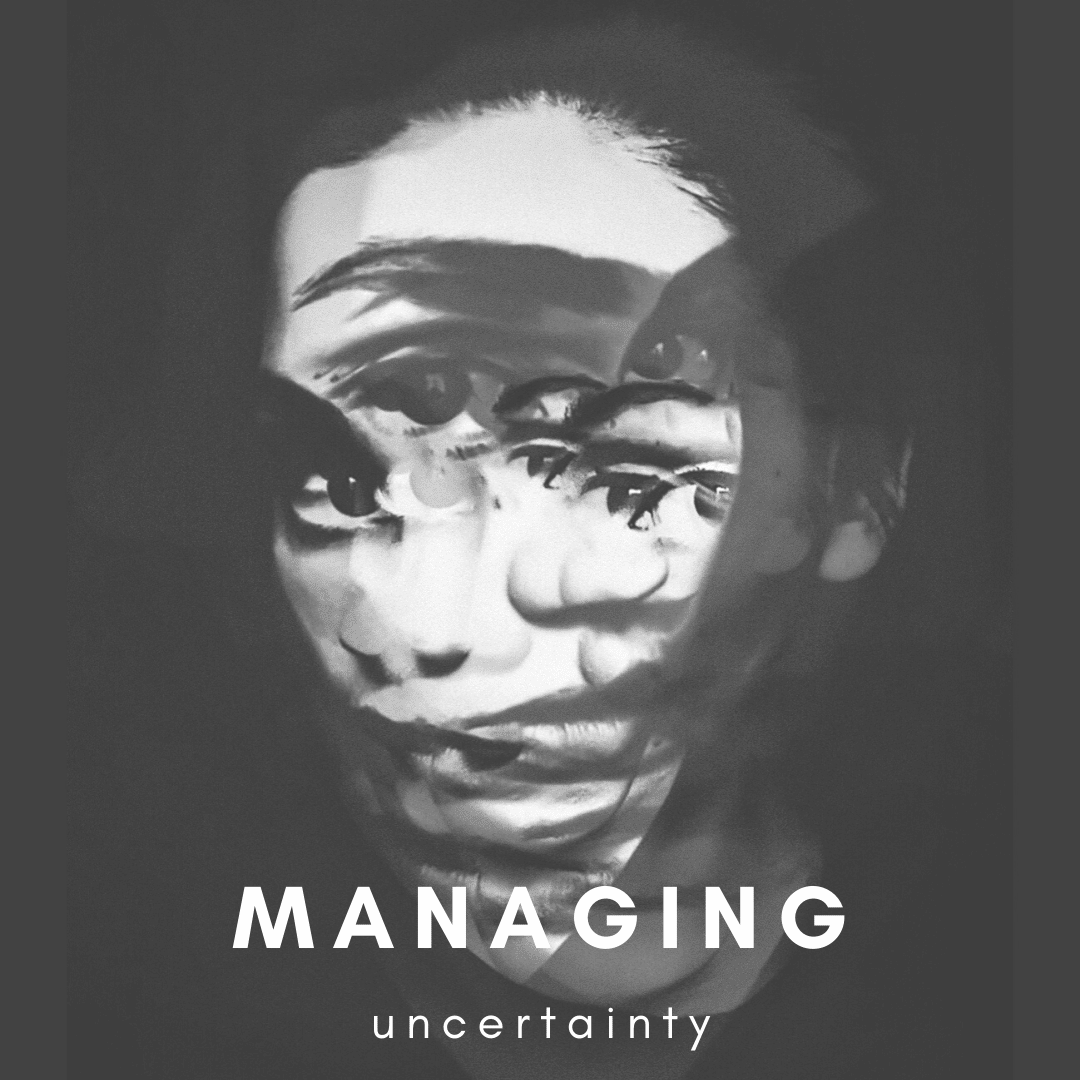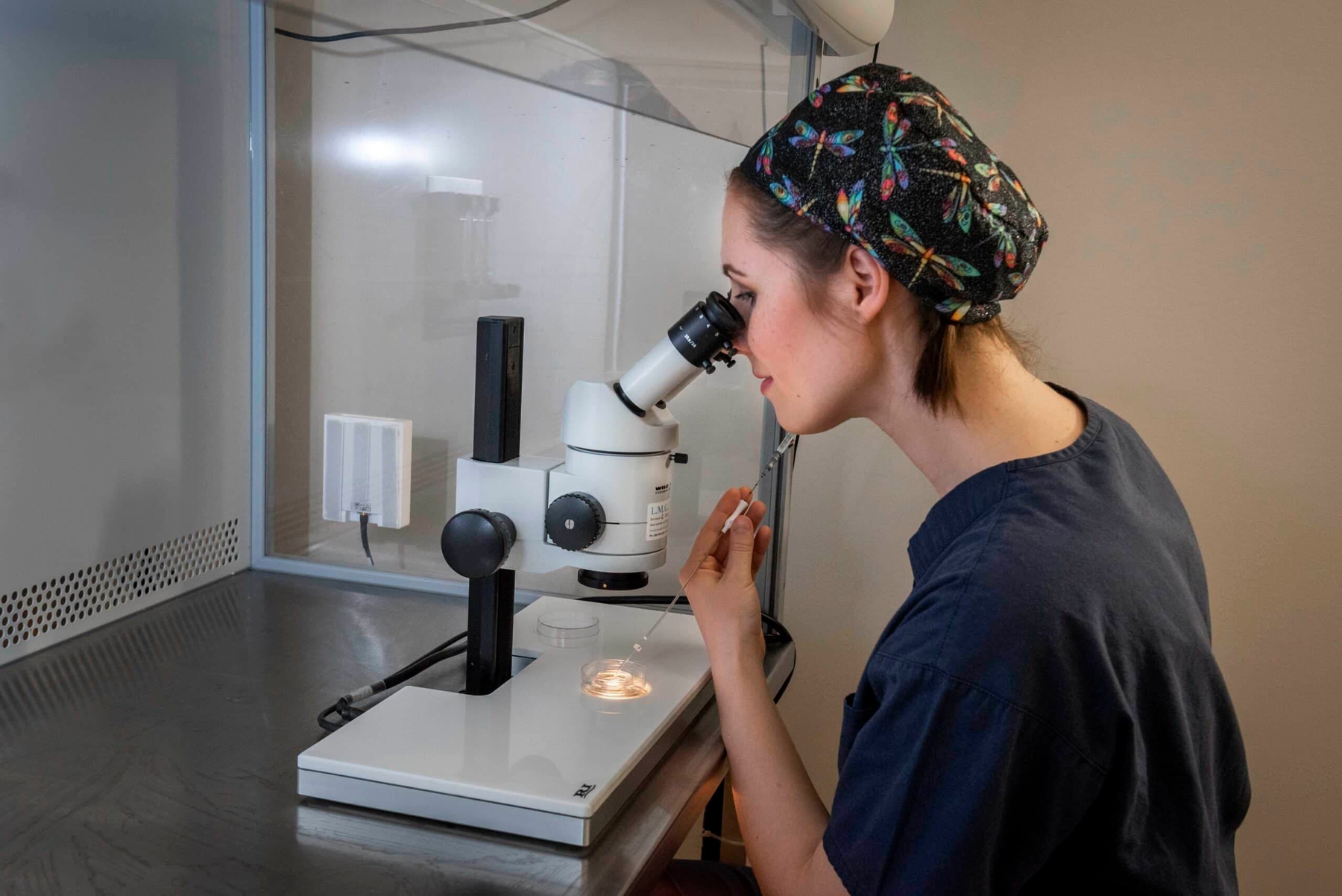Resources
Coping with COVID-19: We can all beat it!

Fertility North patients and staff are facing a period of significant uncertainty, the personal impacts of social distancing and, for patients, distress and worry about delayed fertility treatment.
In these uncertain times we may feel more uneasy, anxious, frustrated, even helpless. Lack of information may increase anxiety and contribute to concerns that our worst fears may become a reality.
Below are some ideas that may help.
Managing Uncertainty
Uncertainty is part of everyday life. When we drive our cars, we don’t know fully what the traffic will be like, how other drivers will behave. Often, we make predictions (what the weather will be like, whether we will enjoy an event) and decisions without all the information.
However, everyday uncertainty is much more limited. Presently, there is so much in our lives and the lives of our loved ones about which we could say: “I don’t know” – will everyone stay well, how will we cope financially, will anyone lose their job, what will happen with a child’s education. Perhaps the biggest question of all – how long before life returns to normal?
Managing uncertainty means:
- Accepting the nature of the present reality – “it is what it is and given the factors in play it could not be otherwise”. This does NOT mean being happy about or liking the current situation. It DOES mean not fighting reality in thought or behaviour. So if you notice thoughts such as “It shouldn’t be like this” or “I’m over this”, take a breath and remind yourself that this is the nature of things for now.
- Not trying to control the uncontrollable – Problem solving to regain a sense of control is one way we try to reduce uncertainty. This is effective if it is focused and directed toward things we can change or influence. On the other hand, repetitive and circular thinking about things outside our control is unproductive and adds to frustration and anxiety. If you become aware your mind is occupied with these worry thoughts, acknowledge your mind’s efforts to ease your anxiety, and direct your attention somewhere else.
- Keeping perspective – Psychologist Rick Hanson writes that the human brain has evolved over time to have a negative bias, i.e. we more easily notice and remember negative information and tend to ignore positive information. This makes sense as negative information may be alerting us to danger or to matters that need addressing. In times of heightened uncertainty, such as during this pandemic, this tendency may leave us with an unbalanced view of the nature of our circumstances.
Rick Hanson stresses the importance of noticing and savouring positive moments. This is not simply positive thinking or putting a “positive spin” on things. Rather, it recognises that life contains positive and negative aspects. We readily give attention to the latter. We need, also, to acknowledge and give focussed attention to positive moments rather than let them pass us by – our natural inclination.
- Staying in the present moment – Much of the anxiety or distress we feel comes from thinking about upsetting things that have already happened or anticipating negative events that have yet to occur. One way to ease distressing emotions or make them easier to tolerate is to stay in the present moment. This is the practice of mindfulness. Smiling Mind or Headspace are examples of mindfulness apps that can be downloaded to help you get through this time.
Social Distancing
At the moment, when we are being asked to keep physical distance from others and our usual routines are disrupted, staying mentally and physically well and feeling connected to others may be a challenge. Typically, our days are structured by work, regular activities (e.g., going to the gym), and contact with others in predictable ways. Over time, lack of structure may leave us feeling a little discombobulated – a lovely word that means confused, disoriented – and unmotivated. Also, we may feel alone and separate from others through lack of social contact.
Some simple tips:
- Maintain usual activities (e.g., time you get up, getting changed, having meals) and structure your time by setting some goals for the day. Lack of external motivators may mean we are less organised in these simple but important ways.
- Look after your physical health by paying attention to sleep, eating habits, exercise. It is easy to fall into poor sleep or eating habits or become couch potatoes if we are bored or unoccupied. It can be a struggle to be self-motivated with physical activity. Generate incentives by enlisting the support of family, partner, friends.
- Build some new skills or complete tasks you had always wanted to do but never felt you had the time to do. Experiencing a feeling of competence or achievement is important when so much seems out of our control.
- Include some positive activities in your day. Start by making a list of things that give you a positive emotional experience, from little (e.g., painting your nails) to bigger (e.g., virtual coffee dates). Be creative with your ideas. You may find just generating a list puts a smile on your face. Share your list with friends.
- Keep in touch with others, rekindle old friendships by contacting people you may not have been in touch with for a while, maybe form some new friendships with neighbors or others in your community by taking advantage of opportunities to support or help them.
- Limit your exposure to news and social media. It is important to stay informed, especially about government decisions regarding social distancing requirements, and to have an accurate picture of what is happening. However, constant checking in may mean that thoughts of COVID-19 dominate our thinking. Remember, too, to rely on reliable sources of information, such as the Department of Health.
Delayed Treatment
Now is a very stressful time, and we need to remember to look after ourselves and loved ones. For all of us, there are times when we need some extra support.
If you are struggling and feel you would benefit from additional support or advice please contact the Fertility North counsellor, Dr Elizabeth Webb, who is available for telephone or Skype sessions, on 08 9301 1075.
Everything is on HOLD
Due to Australian Government restrictions, fertility treatments have been suspended. This may be devastating for those whose treatment cycles have been delayed and it is important to have accurate information about the personal implications, so be sure to keep in contact with your clinic and stay informed about how restrictions may impact you.
As this is not a circumstance you can change, it is important to emotionally and physically care for yourself by being self-nurturing and compassionate, and shifting attention from the problem if feeling overwhelmed.
When distressed, try:
- Comforting yourself physically – use your senses to guide you. Are there particular sounds that comfort you (e.g., music), or sights (e.g. photos, pictures) or tastes (e.g. herbal tea) or touch (e.g. petting a dog/cat) or smell (e.g. favourite body wash).
- Comforting yourself mentally – relaxation, prayer/mediation/drawing on your beliefs, finding meaning or purpose in the situation, validating and encouraging yourself.
- Shifting your attention away from the situation – fully attending to another task or activity, being helpful to another, finding something relatively favourable about your situation, generating a different emotion, occupying your mind with a mental activity.








